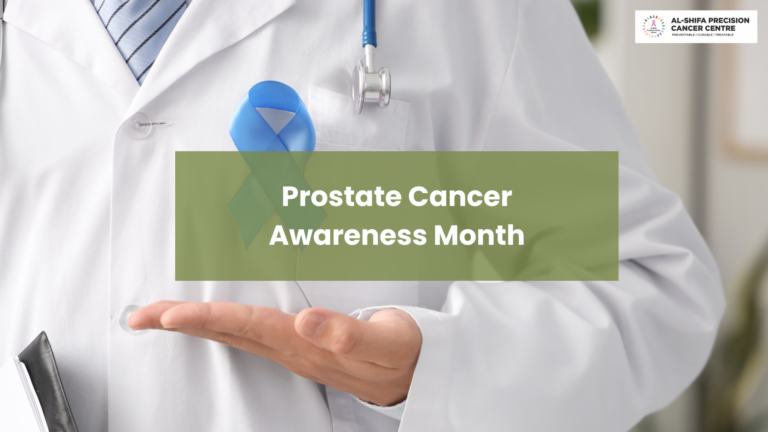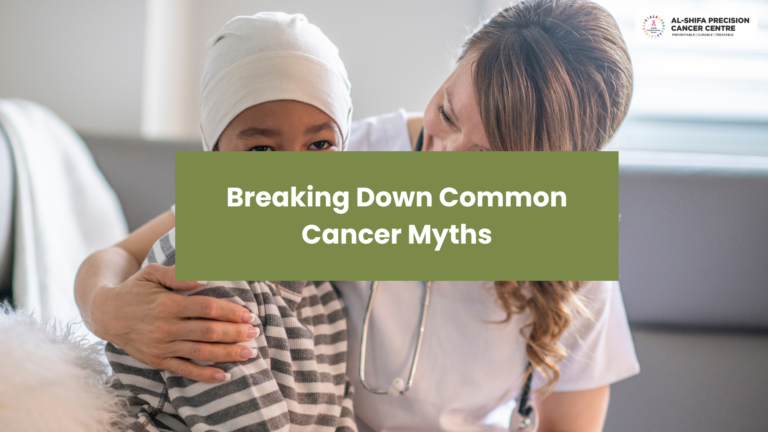“Understand pancreatic cancer: risks, symptoms, and prevention tips. Join the fight this Awareness Month for early detection and support.”
Pancreatic Cancer Awareness Month, observed each November, shines a light on one of the most challenging types of cancer to diagnose and treat. As a cancer specialist, I’d like to share critical information on pancreatic cancer, including its risk factors, symptoms, prevention tips, treatment options, and ways we can support patients and their families. Raising awareness and educating ourselves on this disease can lead to earlier detection and improved outcomes.
1. What is Pancreatic Cancer?
Pancreatic cancer begins in the tissues of the pancreas, a small organ located behind the stomach. The pancreas plays a crucial role in digestion by producing enzymes and in regulating blood sugar through insulin. When pancreatic cancer develops, it often grows silently without noticeable symptoms until it reaches an advanced stage. This makes it difficult to detect early, which is one reason why pancreatic cancer has a lower survival rate compared to other cancers.
2. Recognizing Risk Factors
Certain risk factors are associated with an increased risk of developing pancreatic cancer. Some are lifestyle-related and can be managed or mitigated, while others, like genetics, cannot be changed. Key risk factors include:
- Age: Most cases are diagnosed in people over the age of 60.
- Family History: Individuals with a family history of pancreatic cancer or certain genetic syndromes may have a higher risk.
- Lifestyle Factors: Smoking, obesity, and diets high in processed meats and sugars are linked to an increased risk.
- Medical Conditions: Chronic pancreatitis, diabetes, and liver cirrhosis are associated with a higher likelihood of developing pancreatic cancer.
Knowing these risk factors can help people assess their own risk levels and take preventive action when possible.
3. Recognizing Early Symptoms
One of the biggest challenges with pancreatic cancer is that symptoms are often vague or mistaken for other conditions. However, there are a few signs to be aware of:
- Jaundice: Yellowing of the skin or eyes due to bile buildup.
- Unintended Weight Loss: Rapid and unexplained weight loss can be an early sign.
- Abdominal Pain: Persistent pain in the upper abdomen that may radiate to the back.
- Digestive Problems: Loss of appetite, nausea, and changes in stool can also indicate pancreatic issues.
If you or someone you know experiences these symptoms, especially if they persist or worsen, it’s essential to consult a medical professional.
4. Prevention Tips and Lifestyle Adjustments
While not all cases of pancreatic cancer can be prevented, making certain lifestyle changes can reduce risk:
- Quit Smoking: Smoking is a significant risk factor, so quitting can make a meaningful impact on overall cancer risk.
- Healthy Diet: Focus on a balanced diet rich in fruits, vegetables, whole grains, and lean proteins.
- Regular Exercise: Physical activity helps maintain a healthy weight and supports overall health.
- Manage Chronic Conditions: Controlling diabetes and chronic pancreatitis through medical management can also reduce risk.
These adjustments promote general health and may decrease the likelihood of developing pancreatic and other types of cancer.
5. Supporting Patients and Families
Pancreatic cancer can be an emotional journey for patients and their loved ones. Support is vital, and various resources are available, from counseling to support groups for both patients and caregivers. Clinical trials may offer additional options for patients seeking advanced treatments. As awareness grows, so does funding for research, leading to potential breakthroughs in early detection, treatment, and ultimately, a cure.
In conclusion, Pancreatic Cancer Awareness Month is an opportunity to educate ourselves and support those affected by this disease. By understanding the risk factors, symptoms, and preventive steps, we can work toward a future with earlier diagnoses and better outcomes. If you or a loved one has concerns about pancreatic cancer, don’t hesitate to reach out to a medical professional for guidance.
“Awareness is the first step towards hope and healing – together, we can make a difference in the fight against pancreatic cancer.”



